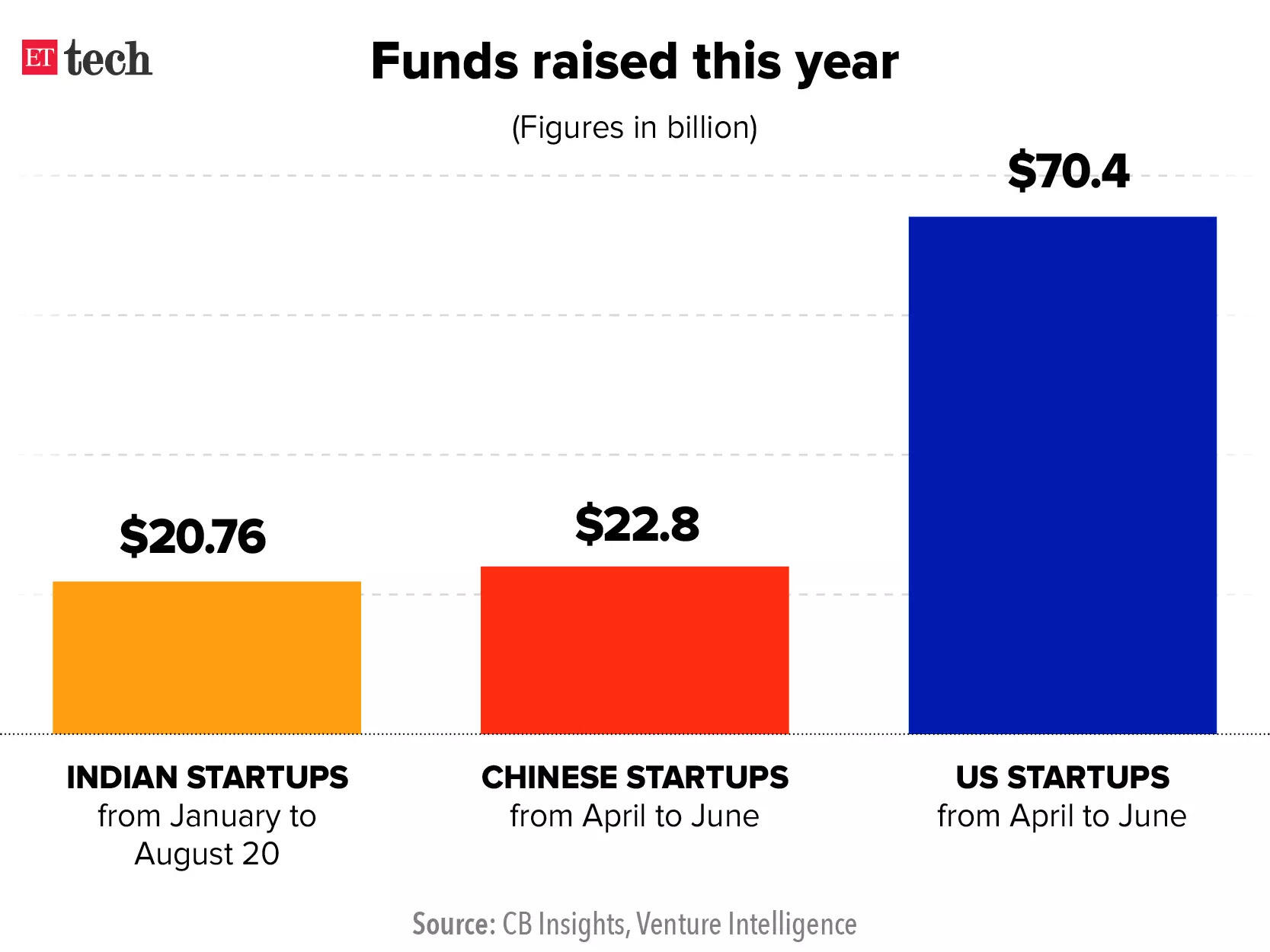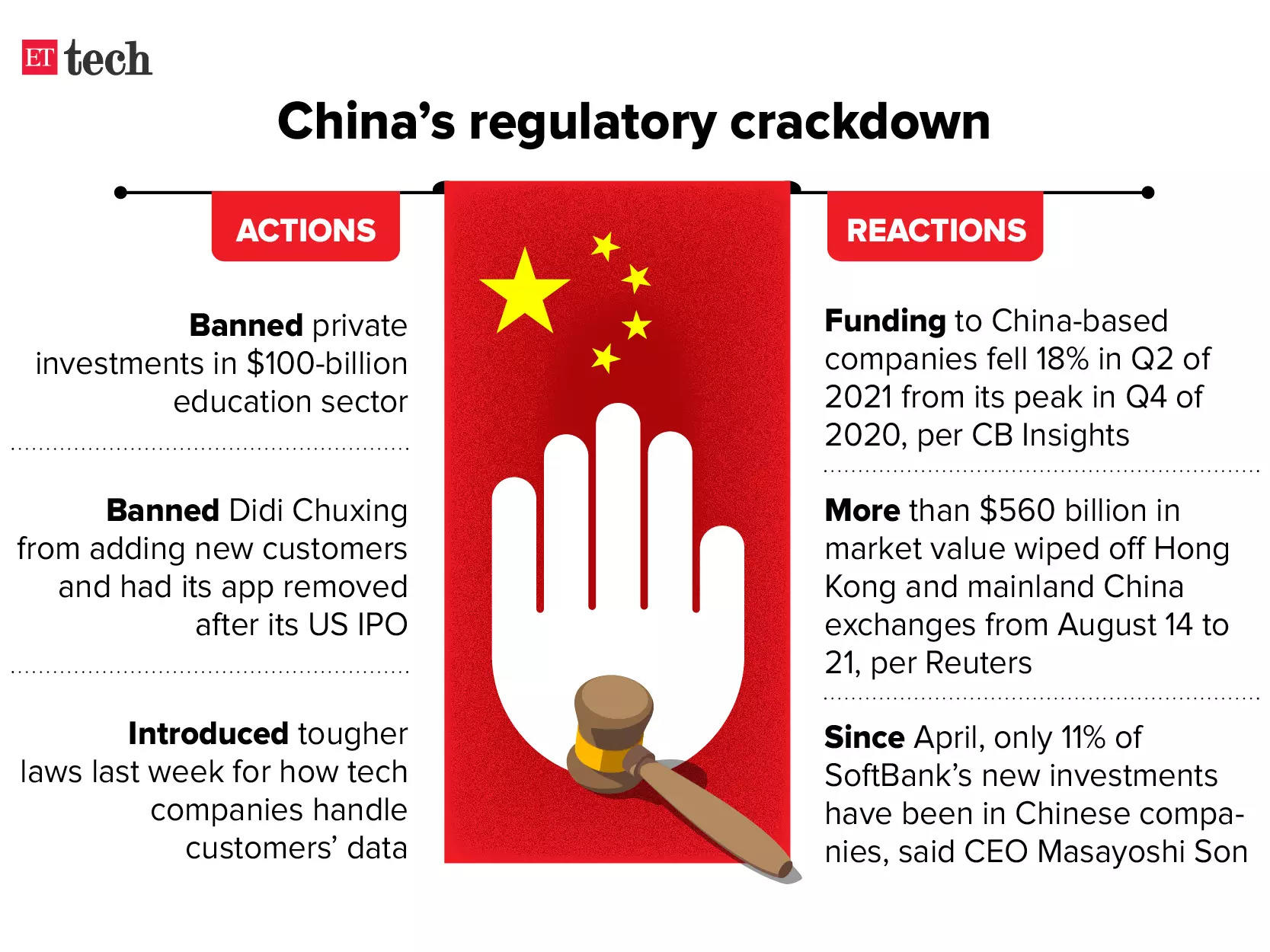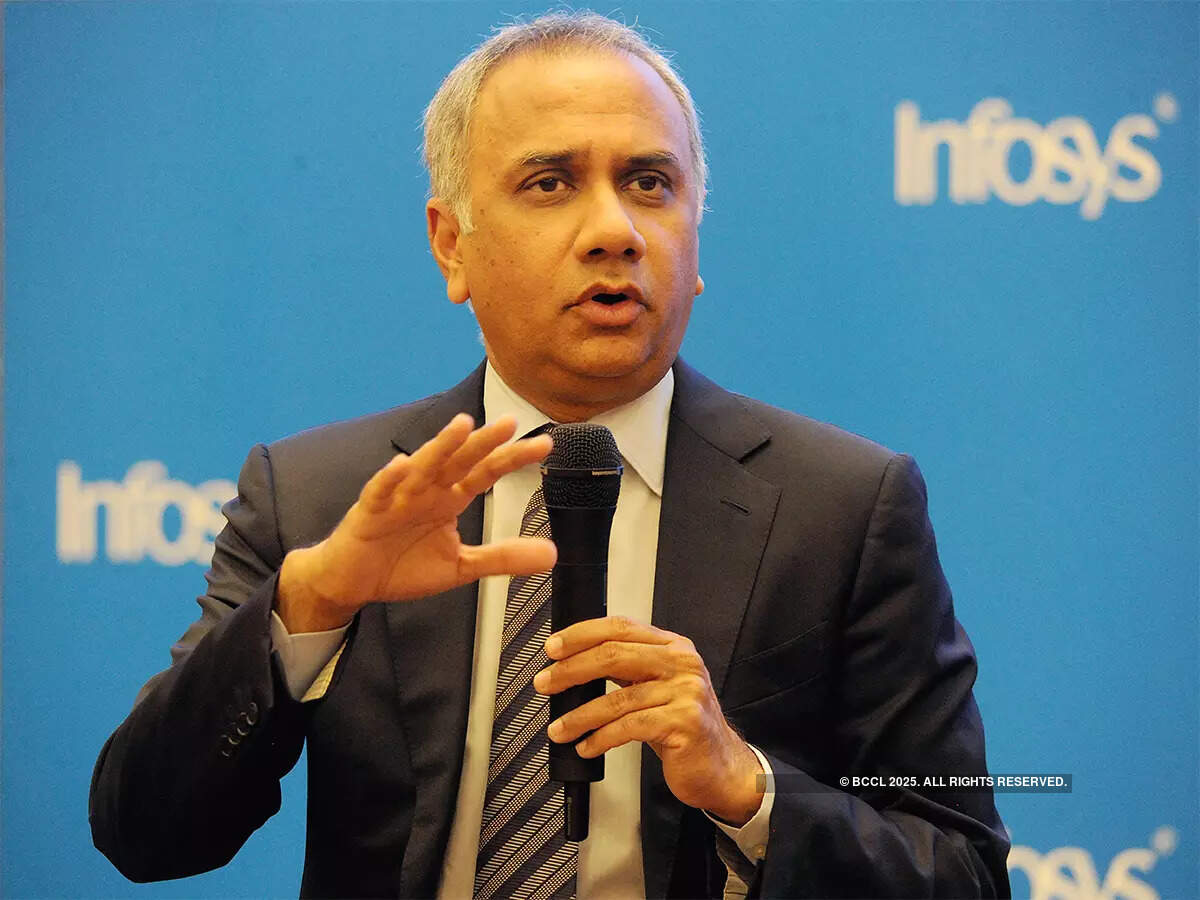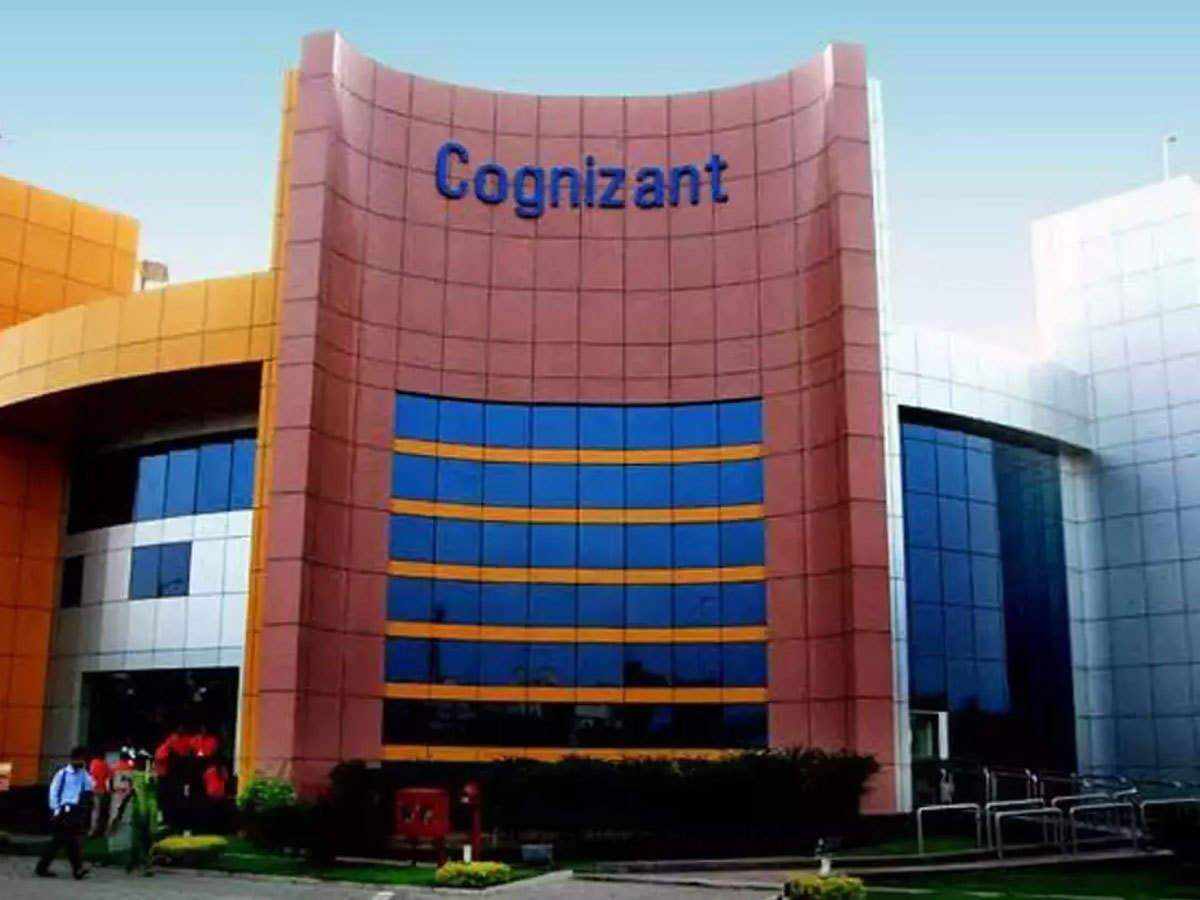Groww, Upstox, Motilal Oswal to be hit by Sebi’s latest rules on digital gold sale, BFSI News, ET BFSI
[ad_1]
Read More/Less
This came after capital markets regulator, the Securities and Exchange Board of India (Sebi), flagged such sales as a breach of the Securities Contracts (Regulation) Rules (SCRR), 1957.
The move, ahead of the crucial festive season months when Indian consumers typically become active purchasers, has hit the country’s nascent yet burgeoning digital gold industry.
Investors are worried over its future as well as its legitimacy in the eyes of financial sector regulators, Sebi as well as the Reserve Bank of India.
Sebi’s concerns may have stemmed from potential use of client funds by brokers to buy digital gold which it views as a non-broking business, according to a review of documents and discussions with multiple industry sources.
The lack of regulatory oversight on companies that sell and store physical gold corresponding to the virtual assets being allocated to the end-consumer, is also cause for concern.
“…It has, however, come to the notice of SEBI/Exchange that certain members are providing a platform to their clients for buying and selling of digital gold. SEBI vide a letter dated August 3 has informed the Exchange that the said activity is in contravention of Rule 8 (3) (f) of SCRR, and members should refrain from undertaking any such activities,” a circular issued by NSE on August 10 showed.
According to a source, similar notices have been issued by all leading exchanges in India in recent weeks. ET could not independently verify this.
New age fintech brokers such as Upstox, Groww, Paytm Money as well as traditional brokers such as HDFC Securities and Motilal Oswal offer customers an option to “invest” in digital gold.
These companies have been given time till September 10 to discontinue the product as well as inform consumers about the move, as per the circular, which ET has reviewed.
Uptsox, Groww, NSE and Sebi did not respond to ET’s emails. Spokespersons for Paytm Money and HDFC Securities declined to comment.
The sale of digital gold in India, although a new concept, is “nothing but facilitating the purchase and sale of physical gold through a digital medium, and the ability to hold it digitally,” said Kishore Narne, head of commodities and currencies at Motilal Oswal.
“We understand Sebi’s concerns as it doesn’t fall under its scope of regulation, they have asked all Sebi-regulated entities to refrain from offering such products, and we are honouring it,” Narne said, adding that customers already holding digital gold would not be impacted by the new rules.
The NSE move comes as a jolt to fintech startups that have been building business models around facilitating purchase and sale of gold virtually in partnership with metal and gold firms – Augmont Gold Ltd, MMTC-PAMP India and Digital Gold India.
The business model involves customers being allowed to buy gold for as low as one rupee, as a digital asset. The gold companies then store an equivalent amount of gold in their lockers – against a virtual certificate of purchase.
These companies, though not under the purview of any financial sector regulator, are said to have a self-regulatory audit and diligence mechanism.
The NSE circular is only applicable to members of the NSE, said Renisha Chainani, Head of Research, Augmont Gold.
“This circular has been issued pursuant to some clarifications put by the regulator, Sebi, on NSE members for offering digital gold. All such partners shall work within the framework and guidelines prescribed by Sebi from time to time,” said Chainani.
MMTC and Digital Gold India did not comment.
Non-broking platforms such as PhonePe and Google Pay among others also offer digital gold to customers and are unlikely to be affected by this development.
India’s digital gold market is worth about Rs 5,000 crore annually, according to industry insiders.
The number of users with over Rs 100 balance in digital gold could be in the range of 5-6 million, said Deepak Abbot, the cofounder of Indiagold, a gold loan fintech.
“This could be an early indication that the regulator is looking to come up with regulations for the industry. Currently, these transactions are not under the purview of either Sebi or RBI,” said Abbot.
A senior stock exchange official told ET that brokers cannot offer such unregulated products through their Sebi-registered entity or platform.
“All the listed products are settlement guaranteed and carry a different risk profile. If an investor loses money due to such digital gold, neither the regulator nor the exchanges can be held responsible,” the executive said. “Hence, our action is limited to the extent that you cannot use Sebi-licensed platforms to sell such products.”
A leading securities lawyer who represents the interests of several brokerages said digital gold typically falls in a regulatory grey zone currently and unless Sebi comes out with a set of regulations, brokers cannot sell the products.
“The problem seems to be that some of the fintech players offer digital gold on the same page right next to where they sell mutual funds or listed shares,” the lawyer said. “However, there is no bar on these fintech firms to create a separate legal entity and set up a different page to sell digital gold.”
[ad_2]










 Milkbasket cofounder Anant Goel
Milkbasket cofounder Anant Goel Infosys CEO
Infosys CEO 












